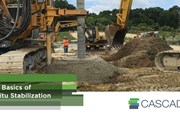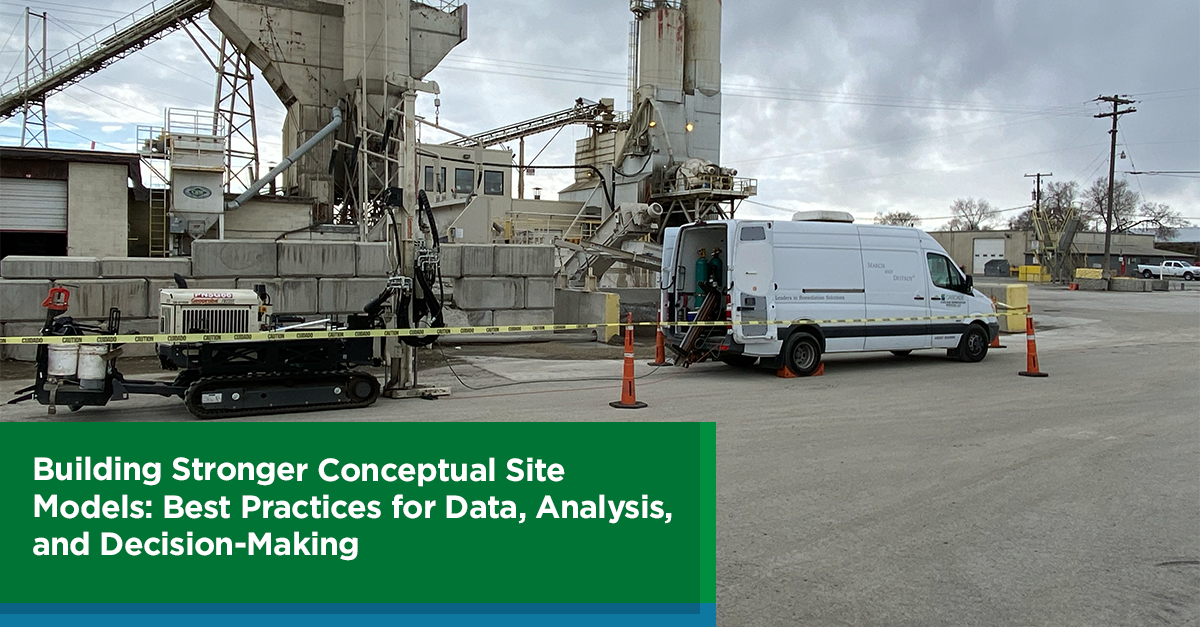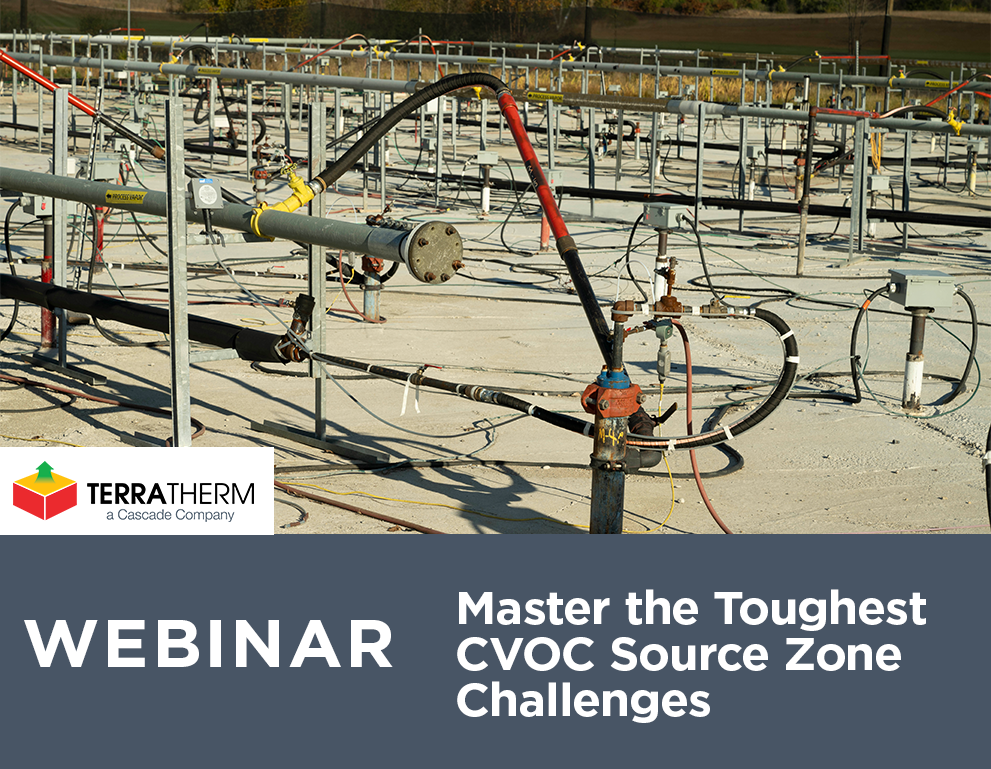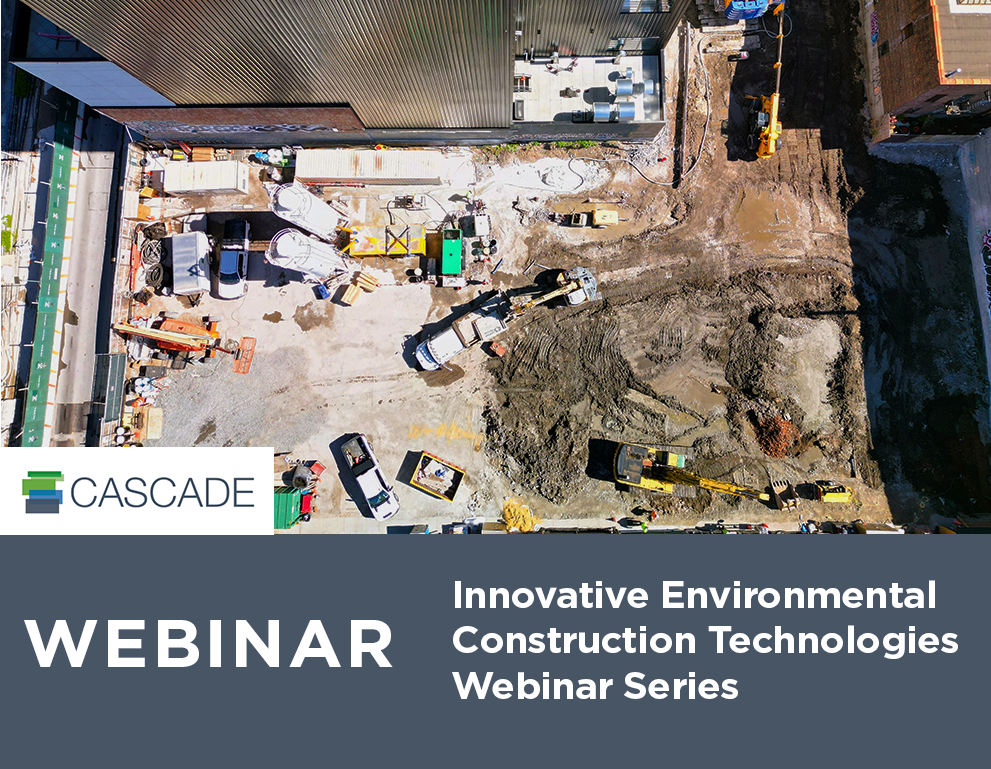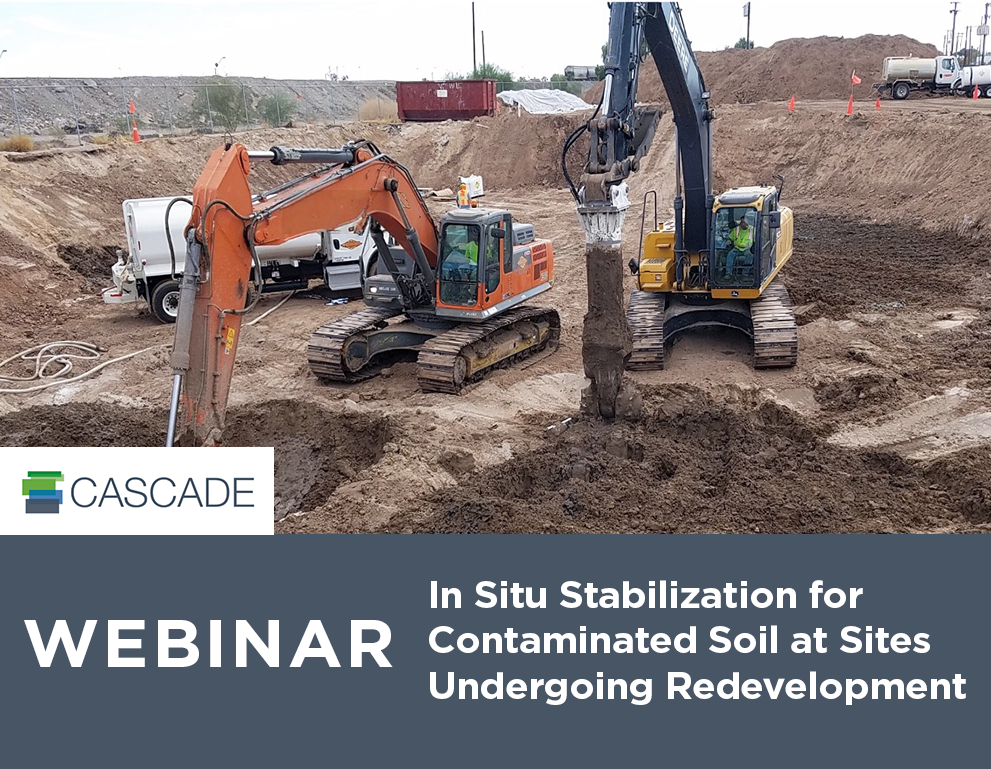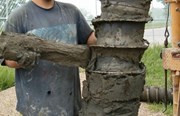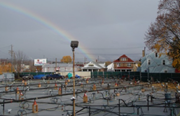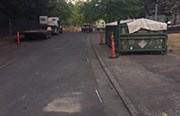Women in Environmental Services: Senior Scientist Alyson Fortune
The environmental services industry is growing year over year, attracting professionals interested in making a difference while they make a living. While traditionally the field has been mostly male, more and more women have been joining and building fulfilling careers. In our quarterly blog series, Women in Environmental Services, we highlight some of the women who are carving out space for themselves and others.
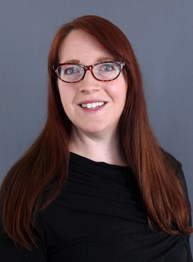 Meet Alyson Fortune
Meet Alyson Fortune
Alyson Fortune is a Senior Scientist at TerraTherm, a Cascade Company, where she manages project monitoring and sampling efforts, and conducts bench scale testing to ensure thermal treatment systems achieve clients’ remediation goals. She’s worked in the industry for 23 years, and in this blog post explains her background and advice she’d give to other women considering a career in environmental services.
What career did you imagine for yourself as a child?
As a child, I had typical dreams of being a veterinarian since I loved animals.
What career did you plan to pursue when you began college?
Unlike many high school graduates now, I had no idea what I wanted to pursue in college when I embarked on college classes at the University of Massachusetts Amherst. Luckily, a large University like that offers unlimited options. I had many interests and passions—everything from music education to psychology to French, and I explored a few of those. Then, halfway through my sophomore year, as part of a general education requirement, I ended up taking a course in Environmental Science; from there, my interest was piqued! I took a few more courses and I was hooked.
What was your first job out of college?
I worked in an analytical laboratory that was part of a larger environmental consulting firm, performing air emissions analyses (smokestack testing) and soil vapor/indoor air analysis for volatile organic compounds.
How did you end up in your current role?
Networking!
What kind of things do you do in your current role?
In my current role, I coordinate all the analytical sampling and field chemistry monitoring for our thermal remediation projects. This sampling helps quantify our progress during the project, make sure we are in compliance with emissions limits, and provides proof that we have met the overall project goals. I also plan and oversee all of our bench scale treatability laboratory testing, which is often performed to help us answer specific questions about the thermal treatment system design, before we mobilize to the field.
What is your favorite part of this job?
I’d say the best part of my job now is that it never gets boring—there is always a new challenge that you haven’t seen before that keeps you on your toes!
What degrees/training/certifications were required for your career path?
A bachelor’s degree in science or engineering was required. Having a Master’s degree in the same field has been beneficial as well.
What traits and/or habits have helped make you successful?
I’d say keeping an open mind and healthy curiosity are two good traits that have served me in this industry, but also in life.
Were you provided with advice or mentorship along the way?
I was lucky to have several women mentor me in my first job out of college, and I’ve also had several phenomenal supervisors over the years who have given me guidance but at the same time enough space to grow independently. They modeled the concept of “never stop learning” and showed me that even the most “book smart” person doesn’t have all the answers, but the most successful people knew how to find the answers.
What would you tell other women considering a career in environmental services?
This can be a really rewarding career path! I love the aspect of feeling like I am helping to make a positive difference in the world, cleaning up hazardous chemicals in our environment.
What resources would you recommend to them?
Check out local networking groups related to environmental services or engineering. I can’t stress that enough, especially early on in your career or as you are trying to break into this field. Identify someone that you see as being where you want to be, then reach out to them to ask for their help or advice on how to get where they are.
If you’re a woman interested in building a career in the environmental services industry, check out our Careers hub to learn more and see current job openings. You can also contact Director of Talent Acquisition Jessica Alexander for insight or next steps.
If you’re already working in this industry and want to learn how to overcome career obstacles, make some time to watch our on-demand webinar, Career Challenges for Women in Environmental Services: A Panel Discussion. In it, three women from different career stages discuss the bumps they encountered along their career path, how they tackled them, and the advice they’d give to other women in the industry.

